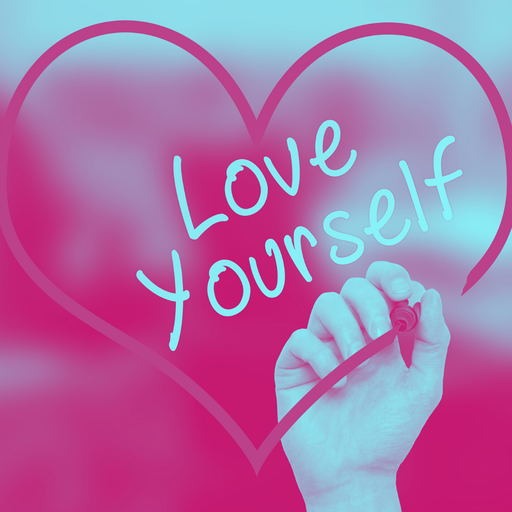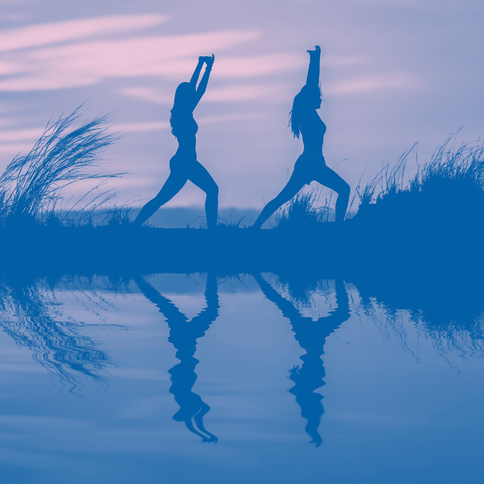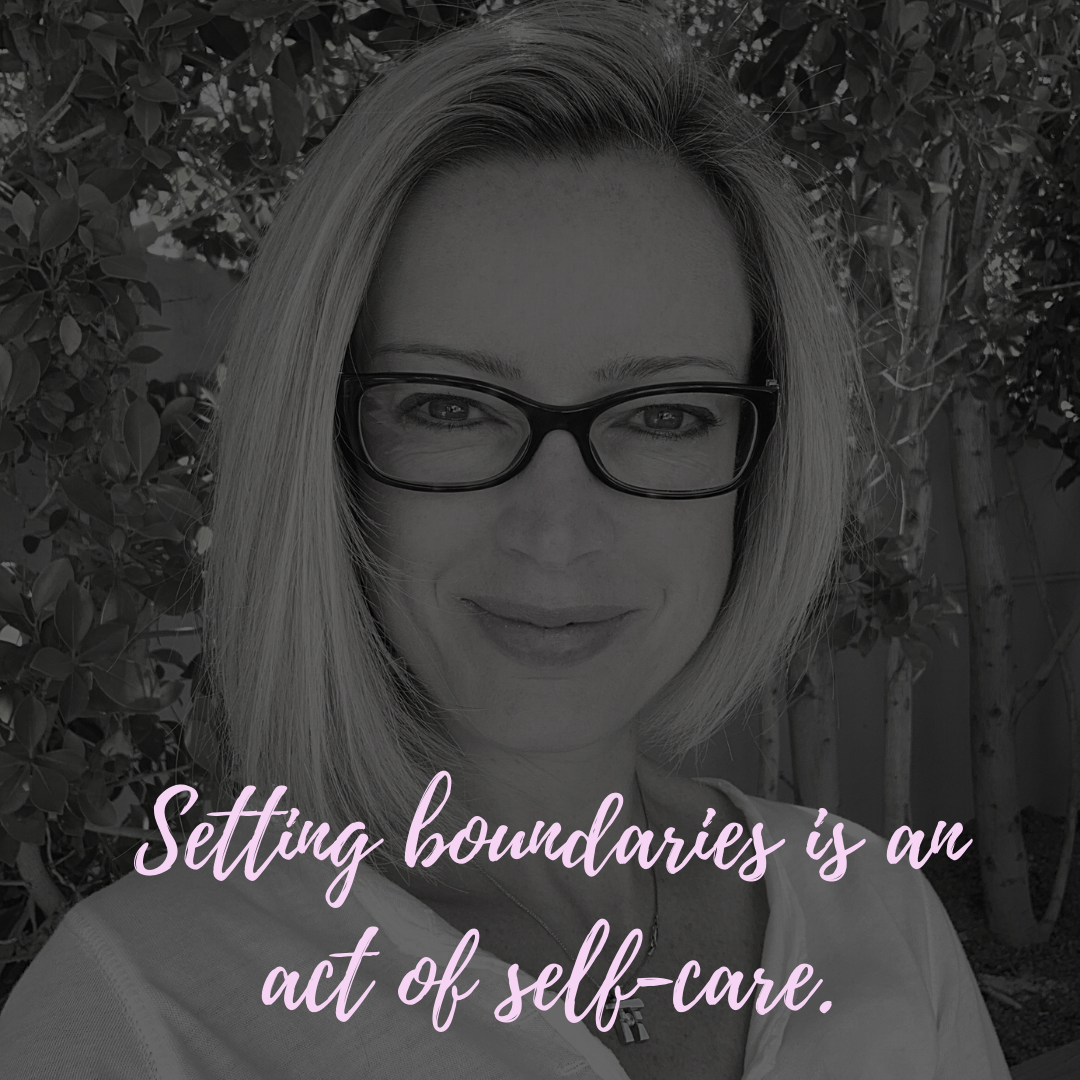|
Last year I was asked to be a keynote speaker at a 6-day conference in California, and, the conference organiser advised me that the audience size would be 2,000+ people, with the previous headline speakers being Jessica Alba and Benedict Cumberbatch. Wow! I thought. This will be taking my speaking career to the next level. The only catch was that none of the 100 speakers invited to speak would be paid. It was positioned that no speakers would be paid because it was an honour to be invited to speak and that the exposure alone would be beneficial to the speakers. I took a few days to consider the invitation and ultimately decided it was an excellent opportunity and that I would wave my speaking fee and speak at the event. Fast forward to a few months later, where I regretted my decision and began to feel disconcerted about the whole thing. Poor communication and inadequate information from the conference organiser was the norm, and the limited e-mail’s I did receive made me feel like the conference organisers felt like doing me a favour by having me speak at the conference. All in all, in my gut, I had a feeling– a feeling I couldn’t quite place, which told me that something wasn’t quite right. Fast forward again to now three weeks before the conference, where I received an e-mail from the conference organiser stating that the conference committee had decided it would be ‘fun’ to change each speakers keynote speech duration from 60 minutes to 15 minutes. The rationale being that they wanted to do ‘speed dating’ type speeches, which they felt would be more entertaining. My heart sunk. The keynote they had asked me to give was on my story of burnout and recovery from panic attacks and depression, and I couldn’t see how I could make the speech fun and only 15 minutes. I felt doing so would be a disservice to my audience. I knew there would be audience members going through what I had gone through regarding burnout, anxiety and depression and therefore, to make the speech ‘fun’ and 15 minutes would be woefully wrong. While my heart sank, that familiar feeling of something not being quite right, kicked in again, however this time I was able to identify the feeling – the feeling was powerlessness. I had given my power away by allowing myself to be treated poorly by the conference organiser, and as such, I was feeling powerless – on the back foot per se. Recognising this, I knew what I had to do. I had to take my power back. I e-mailed the conference organiser and advised I would no longer be speaking at the event. And, I added that when liaising with speakers in the future they may wish to consider how they treat their speakers - especially when they are expecting speakers to prepare, write and memorise speeches for free when they themselves are making 3 million dollars through ticket sales. Boom! I took my power back by saying no, this is not acceptable; this does not work for me. And, I felt like a million bucks for standing up for myself and what I believe in. Of course, there was a part of me thinking ‘But what about Jessica Alba, Benedict Cumberbatch or one of the other headliners I could be associated with’? But the other side of me – the side of me with a strong sense of self-worth told me it didn’t matter even if the Queen herself was headlining with me. It wasn’t worth giving up my power and self-respect. Nor was it worth doing a disservice to the audience by cramming a comprehensive topic into 15 minutes. So how did I have the self-confidence to put myself first? I’ll be honest - I wasn’t born with or raised to be self-confident, it’s a learned behaviour which I taught myself. Watch my video to learn how I taught myself to be self-confident and how you can too. The key message I would like you to take away from my story is this:
0 Comments
Before setting goals you need to know the In a previous blog post, I outlined that to change your life, you first have to identify what you need to change. In case you missed this post and would also like to download the FREE “Life Review Deep Dive” exercise to help you get clarity, you can revisit the post and exercise here: https://www.itopiacoaching.com/mindset-coaching-blog/change Once you have identified what you need to change, there is still one more step you need to take before actually setting goals. And that is reviewing what your motivation for the goal(s) are. Understanding the motivation behind the goal will help you to determine if the goal that you are setting is for right reasons – i.e. are you setting the goal because you want to or is it because you are seeking approval? You may be asking yourself who would set goals for approval? Many people set goals for approval without being consciously aware of their desire for approval. Refer to the below examples:
These are just a few examples of doing things and setting goals for the approval of others, rather than setting the goals for our own desires. Therefore, before setting your goals, be sure to take some time and complete the attached pre-goal setting exercise to make sure you are clear on your motivations for the goal.
"Old ways do not open new doors" Setting goals is imperative to accomplishing our dreams because without setting goals, our dreams are effectively just wishes - a wish being a hope or desire for something to happen. This is a nice thought; however, the reality is that wishes do not manifest our desires. The only way to fulfil our dreams is to set goals and actions that bring our ideas to fruition. With that said, it’s important to note that before setting goals to change our lives, it is essential first to review and examine what our existing life is like to determine what is and isn’t working. Now, this may sound obvious, however often we do not know what exactly is not working other than the fact that we feel unsatisfied. And, when we do not know precisely what is not working, we end up not knowing where or how to make changes which can lead us to then feeling stuck and in a rut. Therefore, the first step before setting goals is to identify and understand what needs to change. To gain this clarity, it is a useful exercise to review the previous 12 months to reflect on any key achievements, learning’s and challenges that we have faced. If you would like to conduct this exercise, then download and complete the attached “Life Review Deep Dive” exercise to identify what you need and want to change in your life. Some food for thought: People often wait until the end of the year to build new goals, but why wait? The start of a new year is not going to make us any more successful in achieving our goals than if we start working on our goals now.
Many of us view ourselves and our lives through the lens of judgment, going from room to room in our mind, continually searching for ways to improve. And whilst self-improvement is always a good thing, it’s also important to remember to practice self-acceptance. Because if we don’t, and we only view ourselves critically, we end up with poor self-worth, which impacts all areas of our lives. Self-acceptance is about celebrating the good as well as the aspects So how do we practice self-acceptance?
Quite simply, self-acceptance starts with liking yourself, which begins with respecting yourself, which starts with thinking of yourself in positive ways. In practical terms, to practice self-acceptance consider implementing the following:
Enjoying a nourishing meal Exercising Meditating Getting a good night’s sleep Treating yourself to something you want - flowers or a night out, for example. Setting, committing to and communicating your boundaries, These are just a few short tips on how to practice self-acceptance.- If you need more ideas, please feel free to reach out to me. To reiterate - don’t just focus on what you want to improve - recognise and spend time celebrating how great you are just because you are you. The more you practice self-acceptance, the more your self-worth will improve, which will increase your motivation for your other goals. Healthy Body = Healthy Mind Regular exercise reduces our risk of major illnesses as well as decreases our risk of anxiety and depression, and as a bonus also aids our sleep. However, many people do not get sufficient exercise because they have adopted a sedentary lifestyle. As a society, we spend more time than ever at jobs which require us to sit all day, and our choices for relaxation usually include inactive activities such as reading, watching TV, scrolling social media or staring at our phones and computers.
And, to assuage our guilt for not exercising, we typically offer up excuses. I am sure I am not the only one who has told themselves the daily lie of ‘tomorrow I will go to the gym’ or ‘tomorrow I will start exercising’ or I ‘don’t have time to exercise’. However, consider this analysis when bearing in mind that there are 24 hours in a day:
When we consider this analysis, the excuse of having ‘no time’ falls flat. Several years ago, I decided to drop my excuses, and I became an avid runner. I went from only ever running for a bus to gradually training myself to run long distances ranging from between 6 and 9 miles at a time, four to five times a week. Once I got past the first 20 minutes of each run during which time my body and mind complained, and cursed about how much running sucked, I began to love the rhythm of my breath and the sound of the steading pounding of my feet on the pavement. Initially, my body would scream in objection of feeling the cold air upon leaving the house with nothing but a long-sleeve thermal top and yoga pants on, but eventually, I would warm up and thrive in the raindrops splashing on my face. My mind would start to clear, and I would get into ‘the zone’, logging mile after mile. Now, I am not suggesting that running is for everyone; however, I recommend finding a physical activity which you enjoy that you can commit to for at least 30 minutes each day. The reason being is that exercise produces endorphins and serotonin, which improves our mood, and which directly and positively impacts our mindset. And, having a positive mindset is what ensures that we actively work towards building and living a happy, fulfilling life. Furthermore, exercise not only impacts our mindset, we physically feel better for it. Exercise overall increases your quality of life. If you find yourself offering up excuses to yourself as to why you can’t exercises, consider asking yourself the following key questions:
|
�
Claire RogersHi! Welcome to the Mindset Coaching Blog, where I will be sharing with you how to develop healthy habits and empowering beliefs. Blog Categories
All
Ready to further your personal development journey?
Sign up for the the iTopia Signature Coaching Program: Getting Out of the Rut by Getting Unstuck! An online self-directed mindset coaching program built on the idea that life satisfaction and happiness comes from pushing past limiting beliefs, the status quo and our comfort zone. |
||||||||||||||







